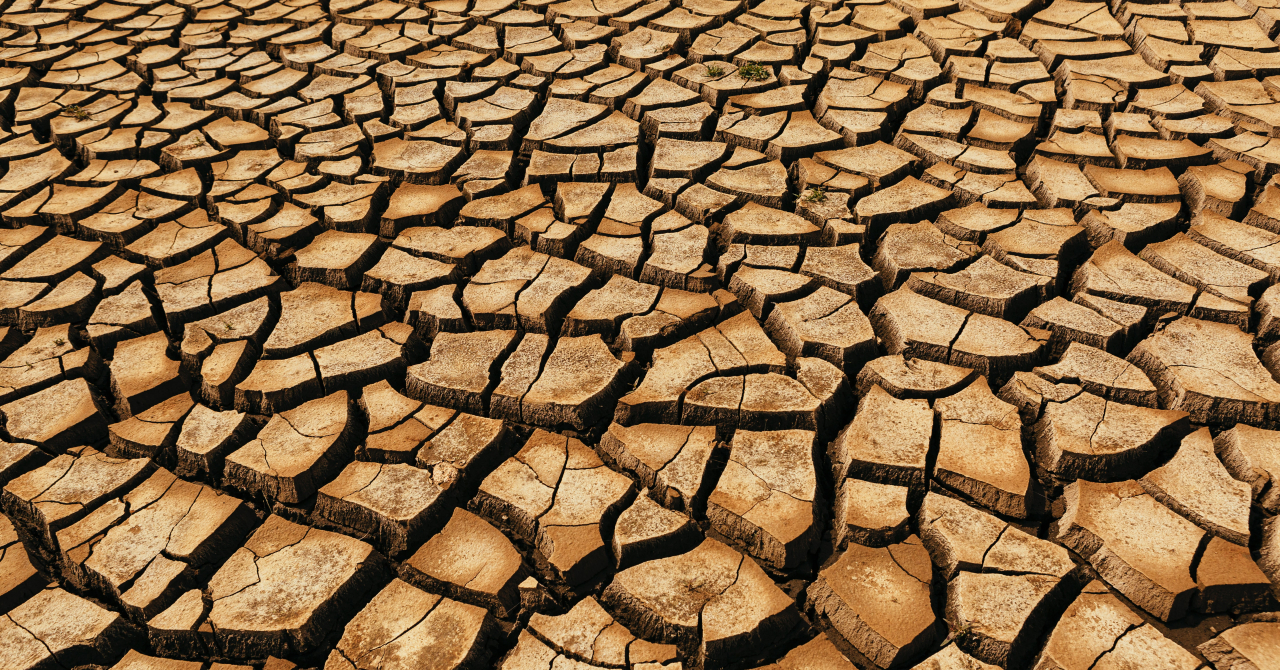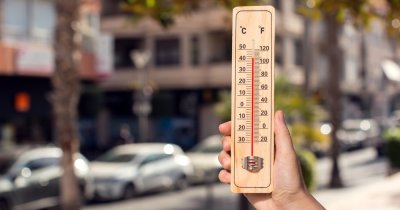Multiple crop failures and livestock brought to their knees by heat are just two of disastrous effects that global warming could have by 2050, according to Reuters.
The result of this, beside price hikes, could be the potential of 80 million people starving.
Rachel Bezner, a researcher at Cornell University said that "the future looks dark if we do not take action. No region will be spared."
Researchers claim that more serious negative effects will be felt if temperatures rise above 1.5 degrees Celsius and this amount is to be expected in the next decades.
In their most recent report presented on Monday, The United Nations had a broad point of view regarding the consequences that global warming could have, such as uninhabitable cities and falling economies, but by far the worst in their eyes is famine.
Researchers also say that, despite the food production is still increasing, it has been slowed down significantly in the last six decades due to global warming, while demand has grown.
Heavy rain, rising temperatures and worse soil quality are just a few of the factors that contribute to the decrease of production and foods such as rice or wheat production could see a 25% decrease for each degree Celsius added.
It is said that by 2100 farmers will be unable to work for 250 days if temperatures are not brought to a halt.
On the sea things are just as bad with warming oceans, acidifying oceans and saltwater sweeping into freshwater areas being some of the risk factors that put the marine ecosystems in danger.
Fish represents an important source of food, but because of climate change, areas such as the North Sea saw a decrease in fishing by as much as 35%.
Olivier De Schutter, co-chair of International Panel of Experts on Sustainable Food Systems did not take part in the report, but said about governments that see crop declines that "they turn to Green Revolution techniques of using fertilizers, machinery and large monocultures to boost production. But that is clearly not the way forward."
The most important thing, according to experts, when it comes to protecting the crops and livestock is bringing global warming to a stop.
You can read more about the effects of global warming here and here.
You can read the full IPCC report here.
 Mihai - Cristian Ioniță
Mihai - Cristian Ioniță












Any thoughts?